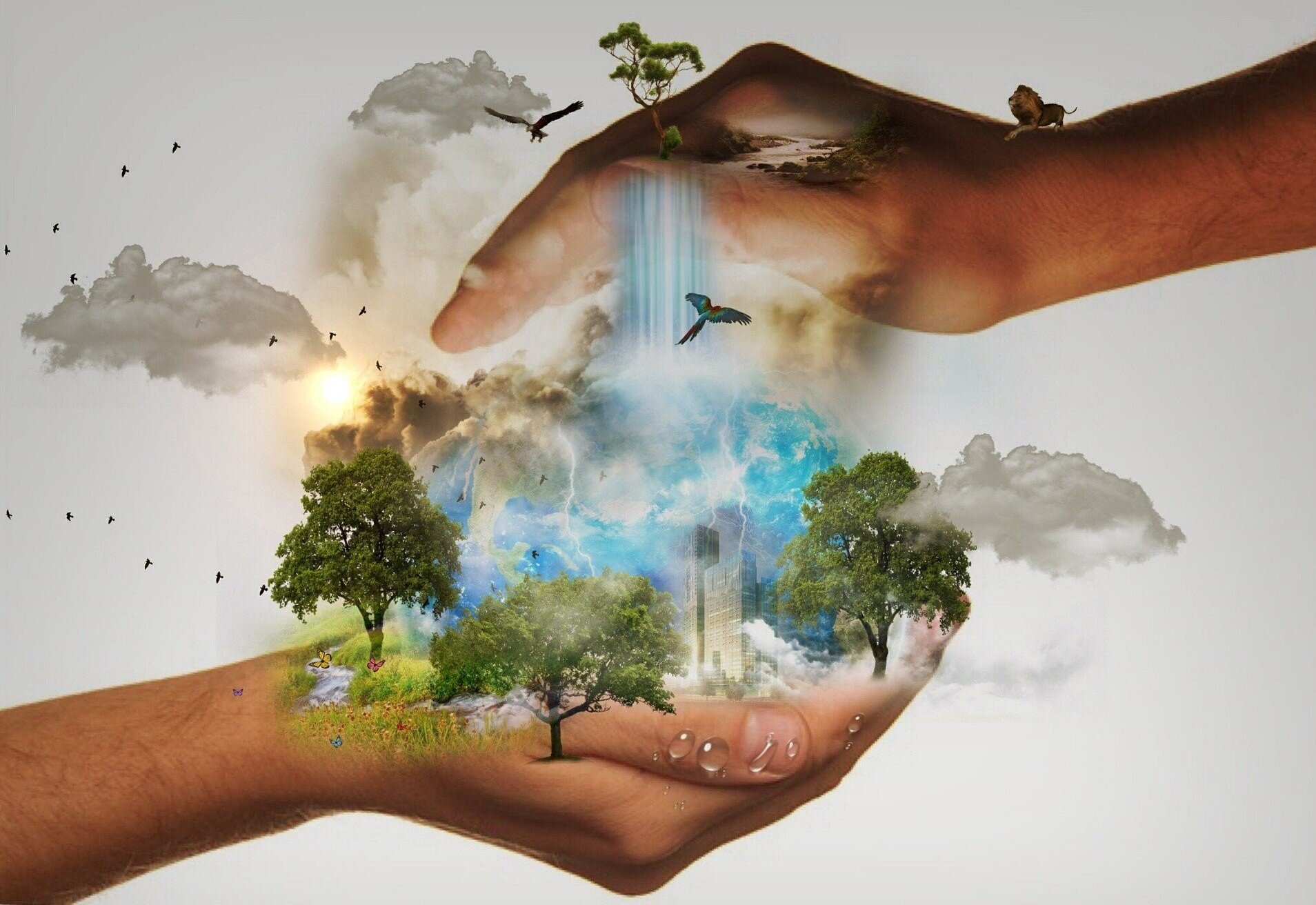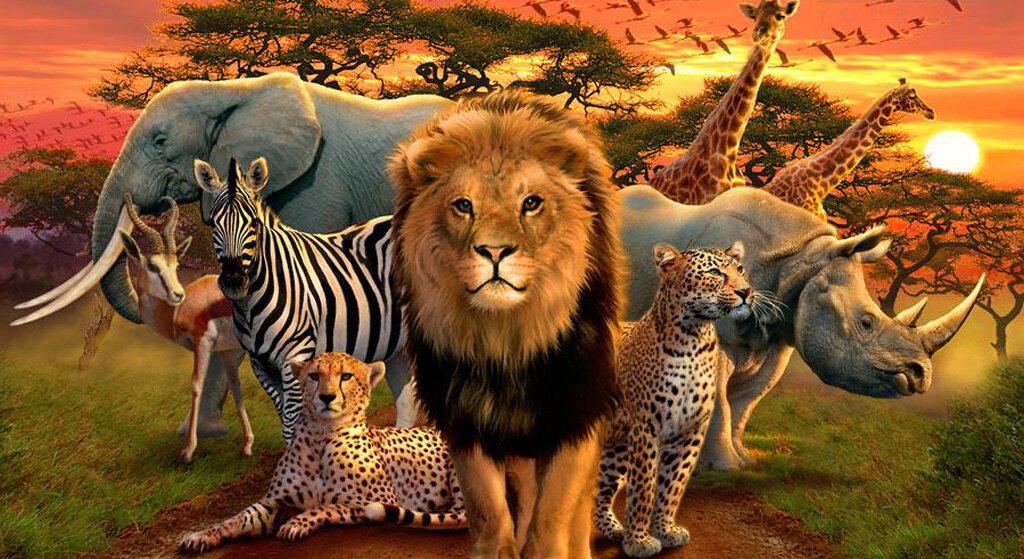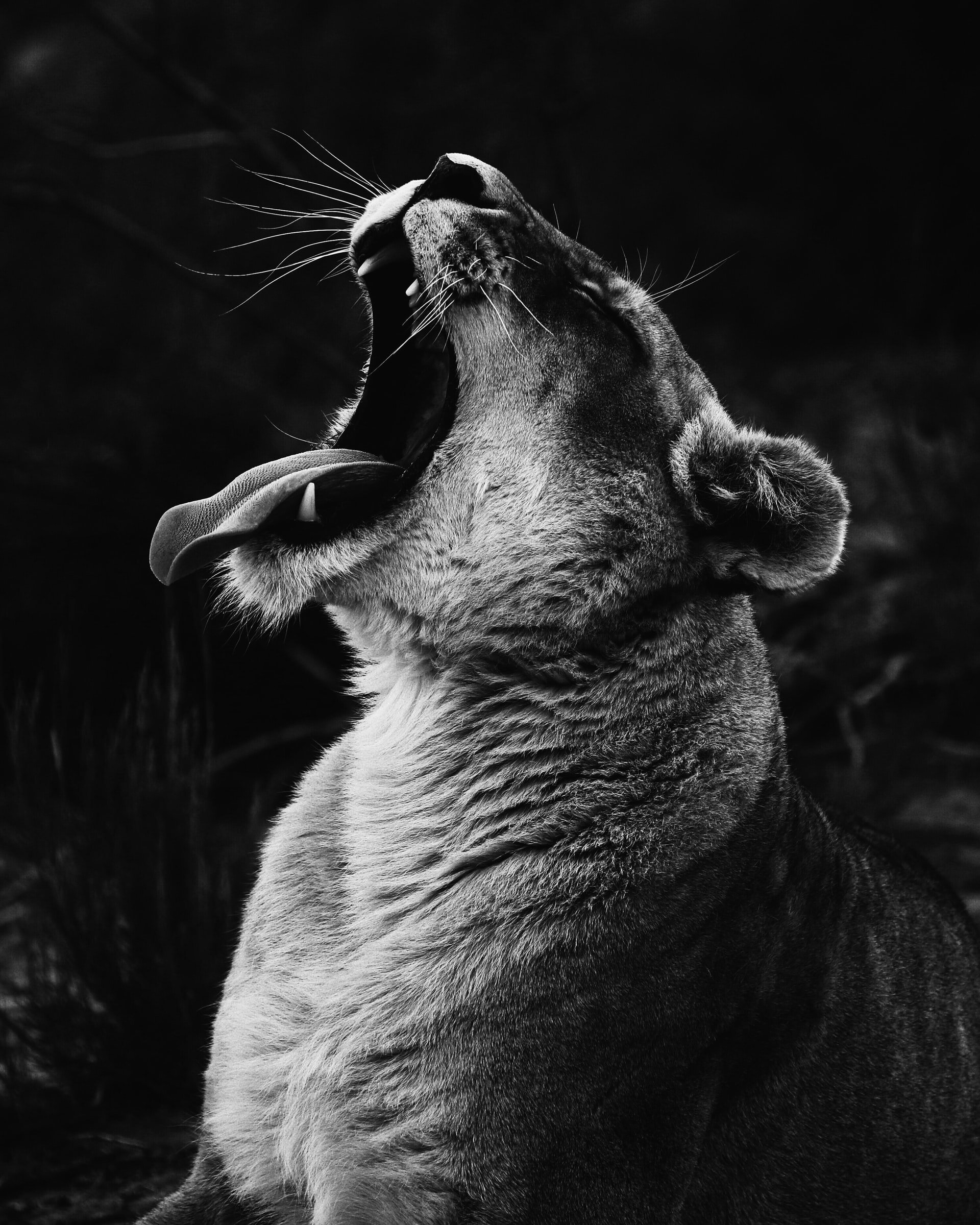How You Can Support Conservation During Your Tanzania Safari
An African safari is undoubtedly an adventure that everyone should experience at least once in their life. But in order for future generations to be able to enjoy the experience as well, it’s crucial that we all practice sustainable tourism and do what we can to protect wildlife and the environment. Especially since it is now more important than ever to be conscious about our actions and how they impact the world around us. Staying home during the pandemic has meant that all over the world cities are recording cleaner air and water. Mother Earth is healing and it’s up to us to keep it that way.
One way or the other, each species plays a distinct and vital role in the ecosystem in which it lives, and it is on us travelers to play our part in making sure these animals and their respective habitats are duly preserved. We believe that all travel can (and must) become more sustainable by ensuring trips have a low environmental impact, benefit local economies, and safeguard cultural heritages.
Guarding Africa’s wild spaces, saving animals from poachers and deadly snares to protect endangered species, and working to improve the lot of local communities in everything from education and healthcare to business finance and gender equality — these are just a few of the many ways in which tourism companies and NGOs across the continent are working to build a better Africa.
Here are a few things YOU can do to help protect and preserve wildlife during your safari as well:
PayING your park fees
National parks and game reserves across Africa are tasked with providing an expansive natural habitat for various wildlife and park fees are among their top ways to obtain funding. Essentially, the payment of park fees automatically provides an incentive to protect the national parks and their wildlife conservation efforts. These fees are included in all our tour prices from the onset.
Eliminate the use of plastic bottles
As we all know, plastic is not biodegradable and is one of the world’s leading pollutants. What’s more, toxic chemicals can leach out of plastic and affect all living beings. That's why in a bid to eliminate the use of plastic bottles, we use big refillable water containers and provide aluminum water bottles for our guests.
Follow designated paths and do not go off-road
The rules and regulations in national parks, reserves, and conservation areas are in place to protect you, the wildlife, and the environment. Do not wander off unguided and stick to the designated paths. Elephants, rhinos, buffaloes and many other animals sometimes feel challenged or threatened if you wander into their territory. Watchmen patrol the grounds at night and our guides will accompany you on walks around or outside your camp.
Don't taunt animals and don't get too near them
Say no to wildlife interaction and avoid wildlife sanctuaries where you can get up close and feed wildlife without barriers. Activities like riding elephants, petting lion cubs and taking selfies with monkeys might not be offered in Tanzania but they are in many other countries. Activities involving animals are very popular and seen as the ultimate tourism experience. But the animals’ living conditions and treatment are often extremely poor and the process before a tourist can take a photo with a wild animal is long and not natural. The negative effects are often not visible to tourists or travel agents, but this doesn’t mean they’re not there.
This goes without saying, but you don't want to taunt or provoke any animals you come across while on safari. The anticipation of spotting a pride of lions for the first time on a safari can get you anxious and excited, but please try to express such excitement quietly. You’ll also want to remain at a safe distance especially when a predator is on the hunt, a mother has a young beside her, or a lone male lion or cheetah is near. Animals have exceptional hearing and will often move away if they hear human voices or feel threatened. Here at Sababu, our guides are trained to be sensitive and read an animal's behavior to know what distance they’re comfortable with among visitors. This brings us to the next point.
Listen to AND LEARN FROM your guide
On any African safari, the number one rule is to listen carefully to your guide and/or driver. They’ll educate you about each animal and the surrounding landscapes so you can get a deeper understanding of their roles in the entire ecosystem. With years of training and hands-on experience in the field, Sababu guides are highly qualified so if you are told to lower your voice, stay still, or avoid eye contact, you should oblige immediately. It is the job of the guide to keep you safe, but they can only do so with your co-operation.
Once you return home, teach your friends and family about endangered species and other animals you have encountered and learned about. Stay informed and support policies that keep their habitats wild and protect native species.
Ask your tour operator for organizations that help protect wildlife and donate
Just like with the national parks and game reserves, there are several organizations out there dedicated to protecting and preserving wildlife all over the world. Most of these organizations heavily depend on donations to support their efforts. We often receive questions from many of our guests asking how they can be of help and we usually recommend Honeyguide Foundation, an organization committed to helping Tanzanian communities conserving their resources and wildlife, PAMS Foundation, a not-for-profit conservation organization that protects endangered species and environments, and the Serengeti De-Snaring Project.
Pack biodegradable products
The water from taking a shower often drains into the soil, so if you can, bring shampoos, conditioners and other toiletries that contain biodegradable or organic ingredients so you can do your part in preserving the landscape. In addition, most developing countries are yet to have fully operational recycling programs that handle hazardous materials like discarded batteries so consider bringing in only items that you will use and can dispose of properly.
Be an educated consumer
Make consumer choices that are ultimately better for animals and the environment. Choose durable products that are energy-efficient, and made from more sustainable sources. Don't purchase souvenirs with coral or endangered animal products. Learn more about consumer choices that are better for animals and the environment. Support genuine efforts that keep wildlife in the wild, such as ecotourism, photo safaris, or community-based education programs.
a few tips on how to support conservation in your everyday lives:
Learn more about the endangered plant and animal species in your area and help spread the word.
Never support products or companies that make use of materials from engendered species, like ivory.
Participate in local beach or environment clean-ups to help protect habitats.
Support sustainable tourism that helps protect wildlife and wilderness areas.
Recycle, reduce, reuse and avoid plastic as much as possible. Reducing pollution can help protect habitats.
Do your part to help fight climate change by reducing your emissions as much as possible.
Opt for de-forestation free products such as palm-oil free products.
Be a voice for these species - share, engage and help raise awareness.
Volunteer to help organizations that are working to protect wildlife and wilderness areas.
Support companies or individuals that donate a portion of their profits to conservation organizations.
Minimize your use of herbicides and pesticides and support local organic products to help reduce the impact agriculture has on the environment.
Donate - every contribution makes a big difference to organizations working to protect endangered species.
If you have endangered species living in your area, especially birds, create a backyard habitat for them.
Plant an indigenous garden to help protect endangered plant species.
In light of the COVID-19 pandemic, postpone rather than cancel. If you had a safari or trip to a national park planned, postpone until you are safely able to travel again. Sustainable tourism plays a huge role in funding conservation.
At the end of the day, sustainable tourism and wildlife conservation is our collective responsibility and Sababu Safaris is committed to upholding these values throughout your safari. To learn more about how you can help protect and preserve wildlife or to schedule your safari adventure, contact us today.







